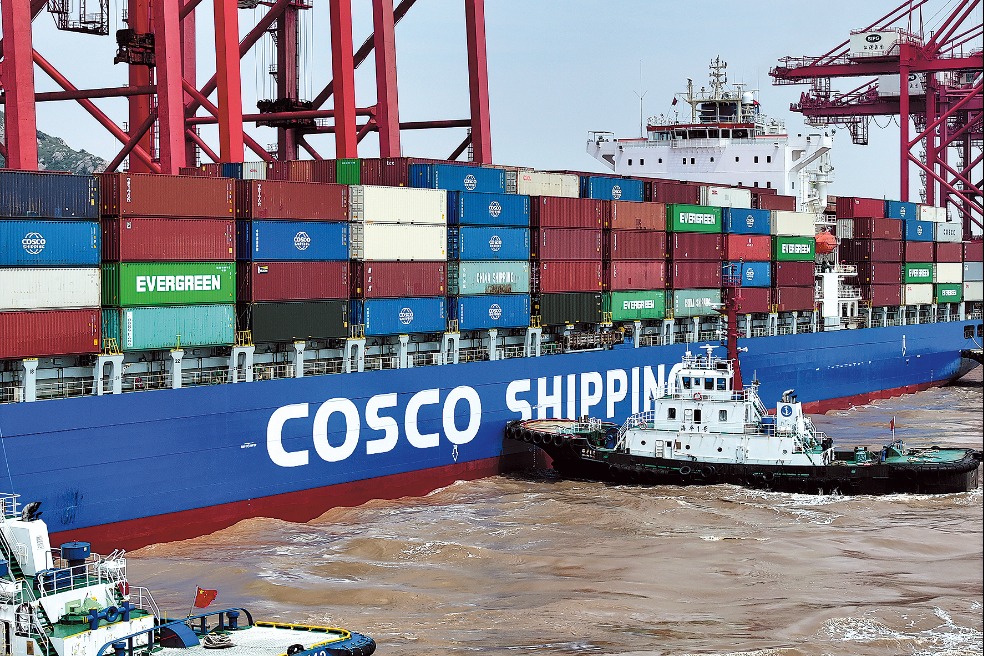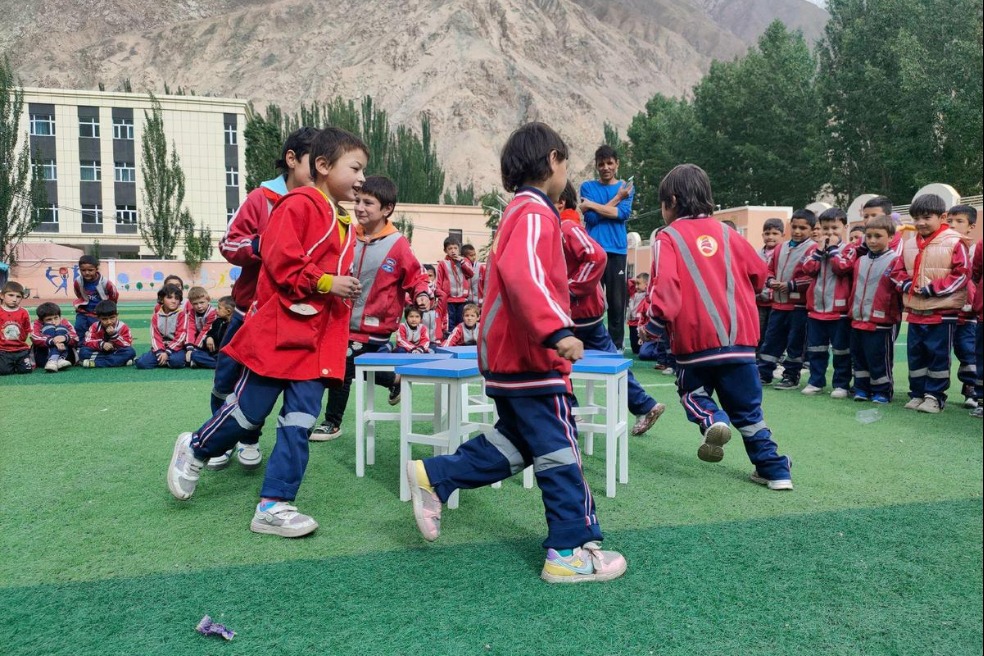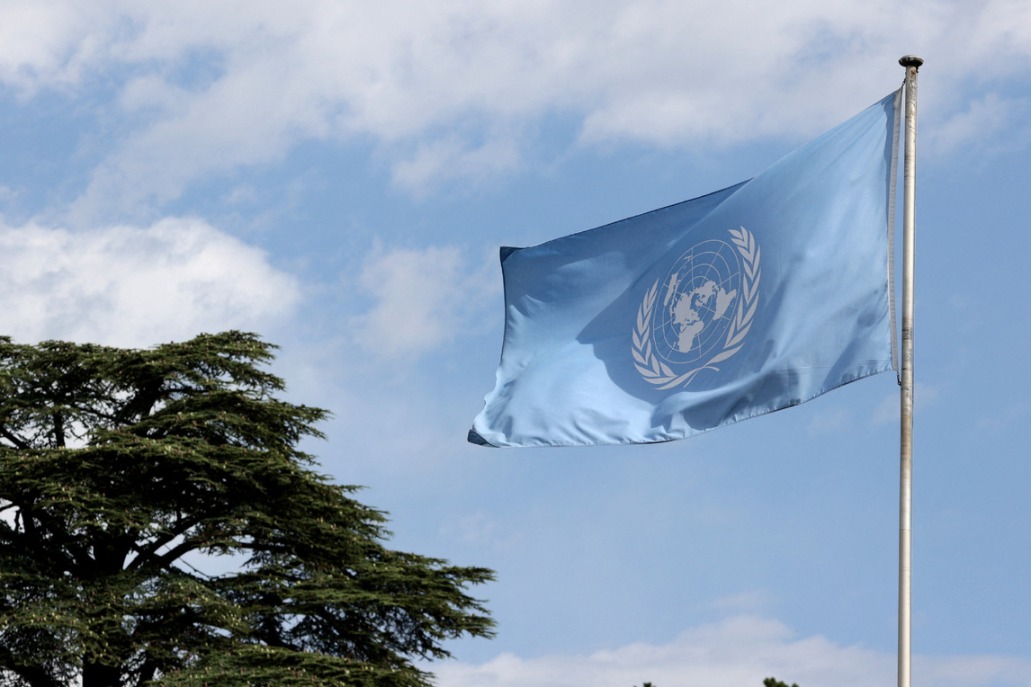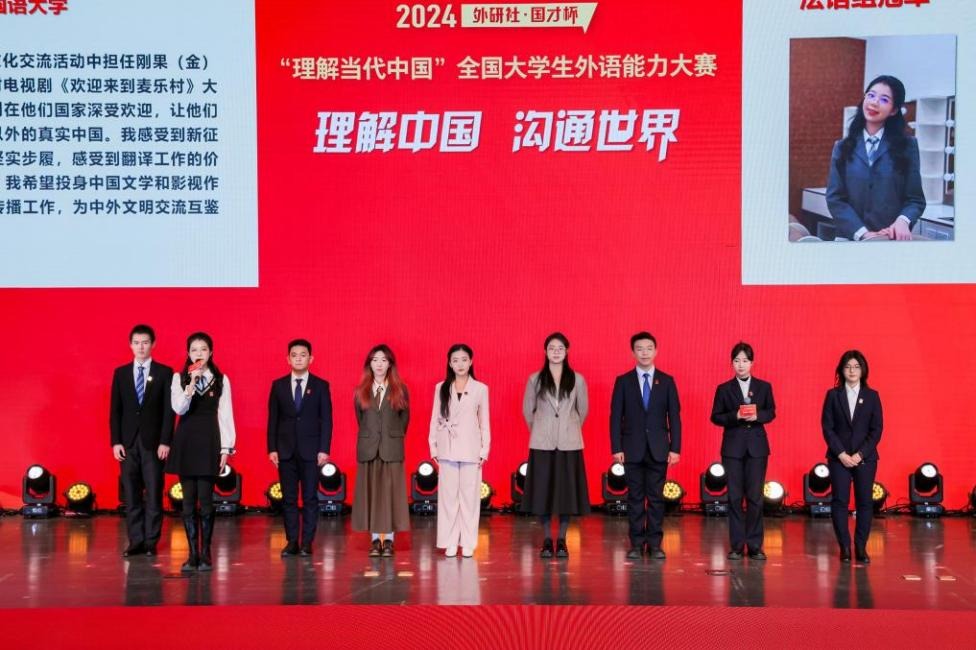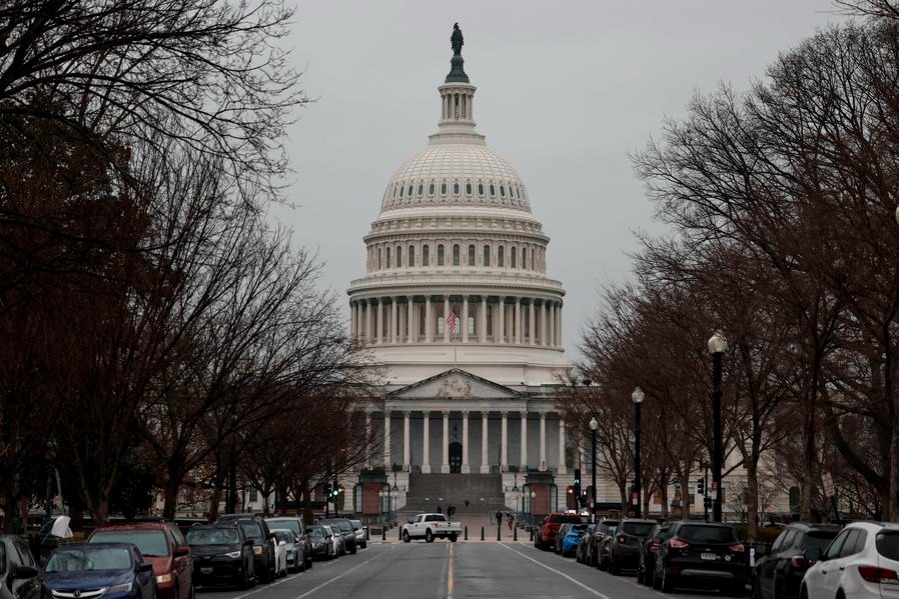US turning Asia-Pacific into powder keg: China Daily editorial


Like before, the United States used this year's Shangri-La Dialogue, held in Singapore over the weekend, as a platform to vilify China and promote discord in Asia, with US Secretary of Defense Pete Hegseth delivering a speech hyping up a "China threat".
But in claiming that China's "aggression" needed to be deterred, and detailing the US' moves to do so, Hegseth only exacerbated the region's unease at his assertion the US "is back". His long list of the ways in which the US is militarizing the region does not accord with the region's "vision of peace and stability, of prosperity and security", as he claimed.
That vision is one founded on the Five Principles of Peaceful Coexistence, which were born in Asia, and which are completely at odds with the hegemonic practices of the US.
Today, as President Xi Jinping said in his speech marking their 70th anniversary, these principles are being carried forward in the vision of a community with a shared future, which opens up new prospects for peace and progress.
But rather than the baton of history being passed from generation to generation, and the cause of human progress moving forward from one era to another, Hegseth's speech showed the US clings to an outdated approach rooted in Cold War mentality.
In painting a distorted picture of China's relations with its neighbors, and ignoring the US' own culpability for trouble-making in the region, Hegseth unintentionally rang alarm bells about the US creating a conflict in the region in the same manner it has done elsewhere.
As a Foreign Ministry spokesman said, "The US has deployed offensive weaponry in the South China Sea and kept stoking flames and creating tensions in the Asia-Pacific, which are turning the region into a powder keg and making countries in the region deeply concerned."
Hegseth's emphasis on the "warrior ethos" was incredibly insensitive and deeply troubling to a region that suffered from the aggression of Japan in embracing such an ethos.
The US, with its previous Asia rebalancing strategy and current "Indo-Pacific" strategy, has become both a trouble-maker which preys on the regional disputes and a major destabilizing factor threatening regional peace and stability.
While other parts of the world have been mired in conflicts one after another in recent years, the Asia-Pacific region has by and large maintained peace and development, which would not have been achieved without China's significant contribution.
Yet to maintain the US' global hegemony, successive US administrations have framed China as a strategic rival and mounted multi-faceted campaigns against it. Hegseth's baseless accusations, including his wrong remarks on Taiwan and the South China Sea, only seek to further the US' agenda in its "priority theater". His anti-China rhetoric drives home the message that the US is back in the region, but only for itself.
Obsessed with an exclusive security perception, the US has been constantly meddling in the Taiwan question and South China Sea disputes in a bid to apply pressure on China by threatening its core interests and trying to sabotage its external security environment. In doing so, the US poses a severe threat to regional peace and stability. If the US continues walking this dangerous path, it will leave China with no choice but to defend its sovereignty and territorial integrity in a more resolute way.
The US should know that the Taiwan question, which is at the core of China's core interests, is China's internal affair and brooks no external interference. No matter what tricks the US plays with die-hard separatists in Taiwan, the People's Liberation Army will resolutely foil all "Taiwan independence" separatist schemes and any external interference.
Bullying and intimidation cannot force China to back off, and testing China's bottom line would lead to serious consequences.
If the US really cares about peace and security in the Asia-Pacific region, it should join hands with China and other regional countries to carry forward the baton of peace and development, and work with them to build an Asian security model by recognizing the region as a community with a shared future.

















